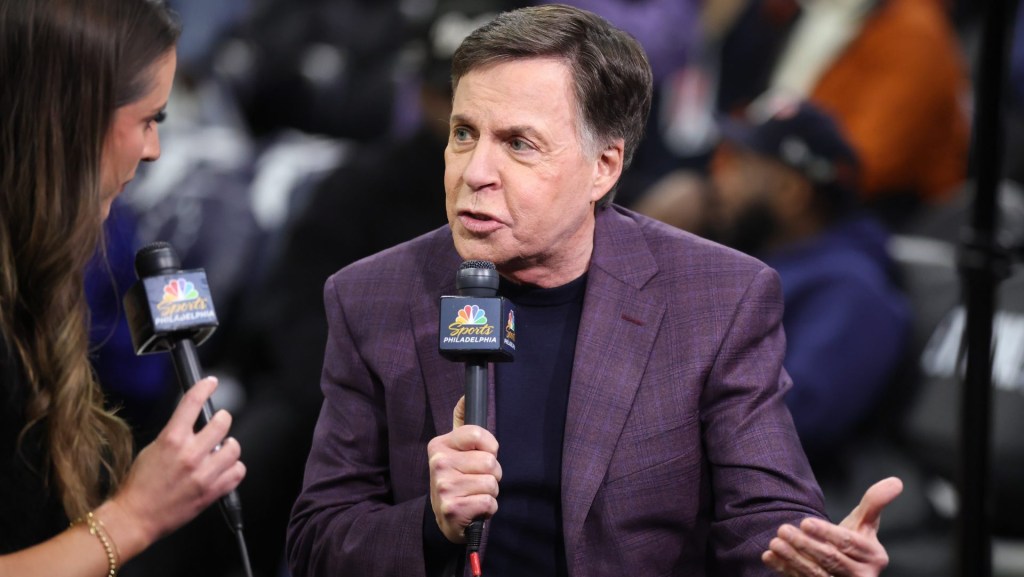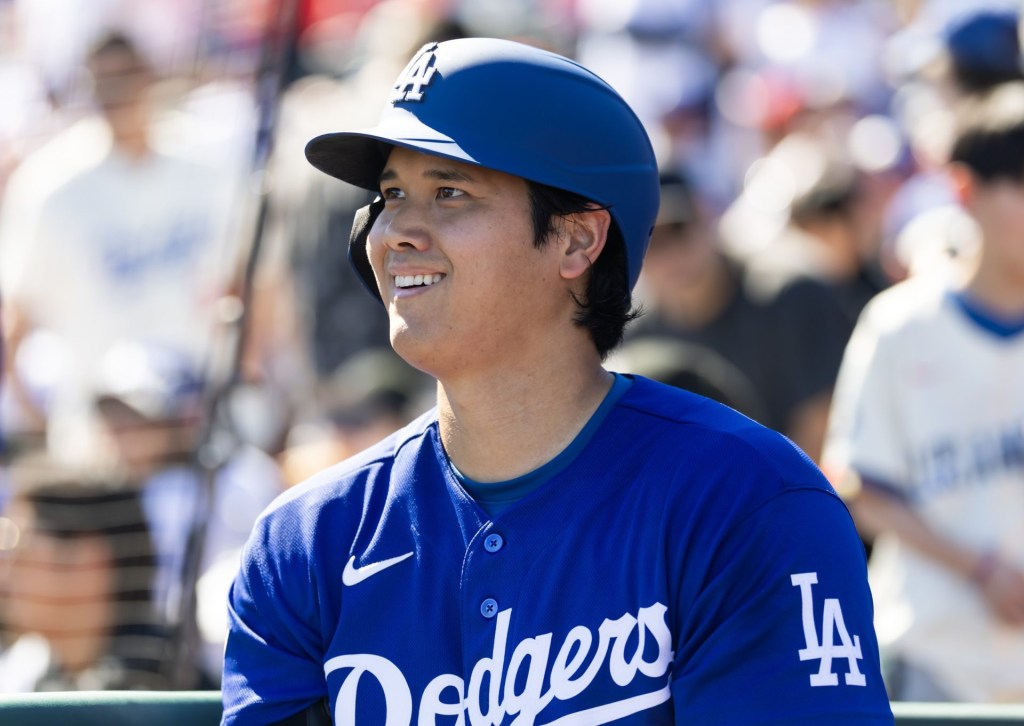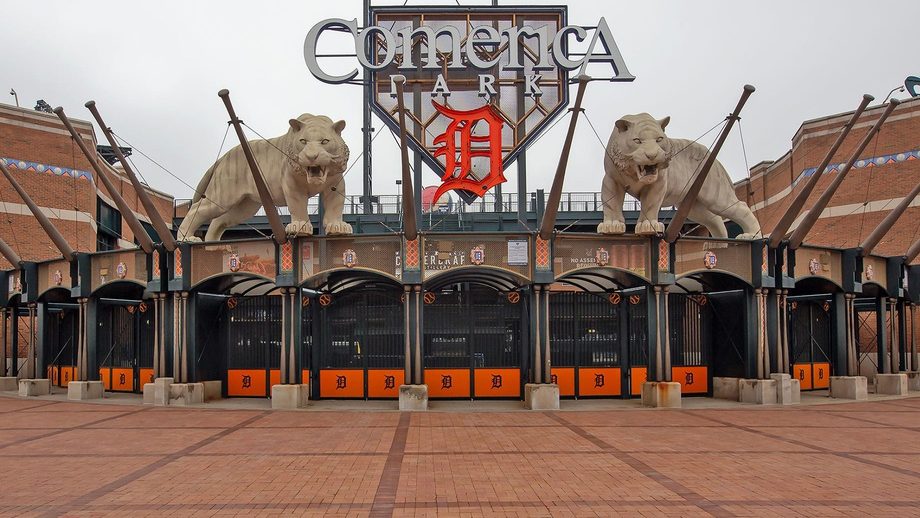NFL journalist Peter King announced his retirement earlier this week, bringing to a close an iconic career lasting more than four decades. In addition to becoming a preeminent voice in the NFL, particularly over the last two decades as the league grew into a cultural and business colossus, King has been deeply influential in reshaping how fans and media organizations think about digital-age storytelling.
King’s columns—first “The MMQB” at Sports Illustrated and more recently NBC Sports’ “Football Morning in America”—helped set the model for insider views, mixing deeply reported news and in-depth analysis with personal narratives and perspectives on numerous other topics including the traveling life of an NFL writer, coffee, and craft beer.
King spoke with Front Office Sports to discuss the changing states of the media business and the NFL. Below are excerpts from the conversation, some of which have been lightly edited for clarity and brevity. The full conversation with King can be heard on Wednesday’s episode of Front Office Sports Today.
You’ve been a trailblazer in online insider content, both in form and function. You’ve never made it about you, but we’ll put you on the spot and ask you what you see as the lasting legacy of “The MMQB” and “Football Morning in America”?
Well, I hope it’s that young people, when presented with an option of what to do with their lives, choose a diverse menu of things to do, a diverse menu of ways to tell stories. In the environment we’re in now, we have no idea five or 10 years from now how stories will be told, how information will be gotten. And there is still a really important part of that, that is in sort of gumshoe reporting.
But my point is don’t limit yourself. Basically put yourself out there in today’s parlance, learn the podcast, learn how to diversify yourself, learn how to do TV, do radio, do everything. And so I would hope that that plus the fact that look, what I’m best known for, I’m sure, is this column that became this 11,000-word-a-week behemoth. And look, that’s just me. I’ve always been a writing nerd. And I thought that I really wanted to be the next Peter Gammons when I read him in high school in Connecticut. And so it’s always good to have sort of heroes and people to aim for. And maybe there’s a kid out there somewhere who’s aiming for me, and that would be an honor if it were true.
You came up in newspapers, and that’s now just one part of a massive media disruption we’re all living through. What do you see as the end point there?
I think we probably will segue a little bit to NFL stuff now. In my opinion, I think chief media and business officer Brian Rolapp has really been smart in how he has basically sort of … let the market dictate what we’re going to do. l think it’s all going to start with streaming. If everyone is cutting the cord, if there are half the number of people who have cable as their main form of television access right now, if that has been cut in half, in the last seven or eight years, what do you keep doing? Keep plowing into over-the-air and cable TV? Of course not. You make deals with streamers.
You have had a front-row seat to a massive increase in the economic scale and power of the NFL. Where do you see that going in the future?
I think there are two bogeymen in the immediate future for the NFL. One is the continued trouble over head trauma. A lot of things that the NFL is doing now, the NFL wasn’t doing 15 or 20 years ago. I’m not saying it’s a game-changer. It’s a game-improver. That’s number one.
But the other thing I believe right now is that the NFL is going to regret some of its decisions on gambling and sports betting. I believe that 10 years from now, we’re going to have a huge number of people in this country who are hopelessly addicted to sports gambling. And part of the reason is that they’re being told every five minutes on every NFL telecast, bet, bet, bet, bet, and then bet some more.
I just don’t think it’s healthy. And I just simply don’t think that just because gambling is allowed and gambling is illegal, you ought to embrace it to the point that the NFL is. I think they’ve gone way overboard on it.
There’s also been a big rise in the internationalization of the NFL. Are you pro or con on that?
Oh, absolutely unequivocally pro. Moving four or five games a year, how does that harm the product? Really? How does it? It helps. I have been to two games in Germany and I will just say this: Germany loves the NFL almost as much as Green Bay loves the NFL.
🎧 Listen and subscribe to Front Office Sports Today on Apple, Google, and Spotify.
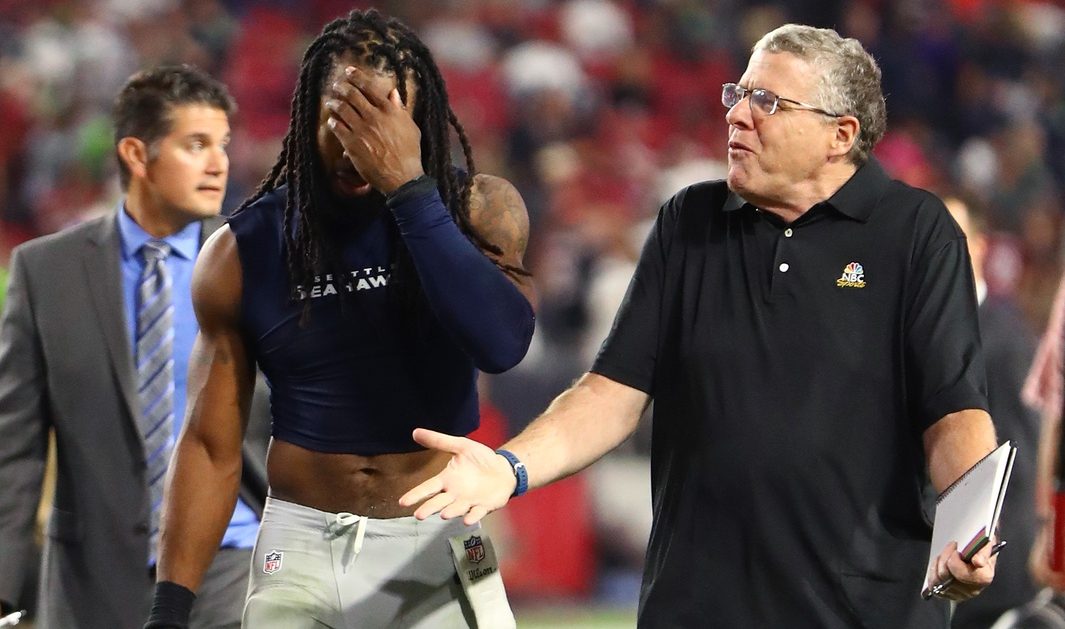
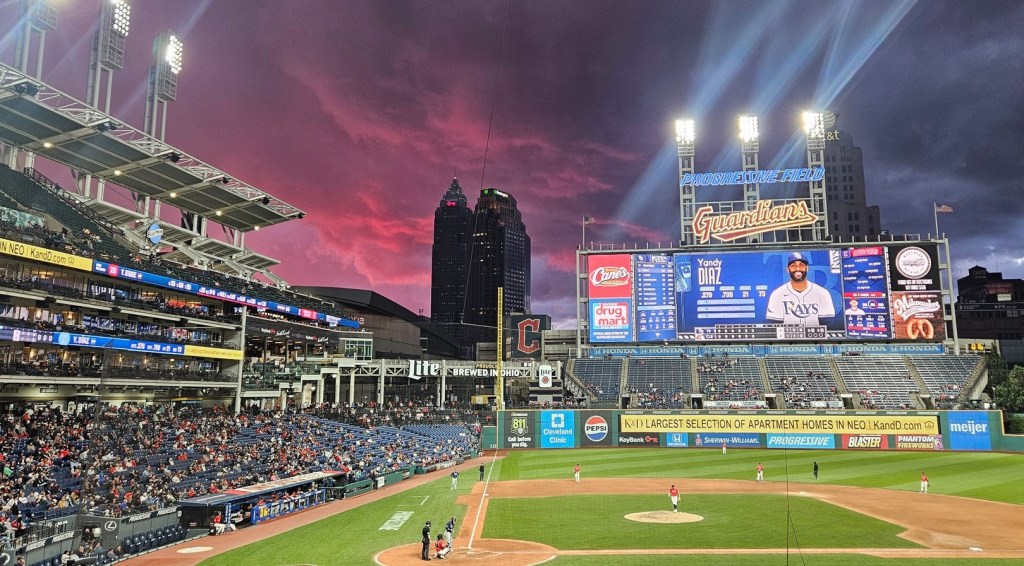
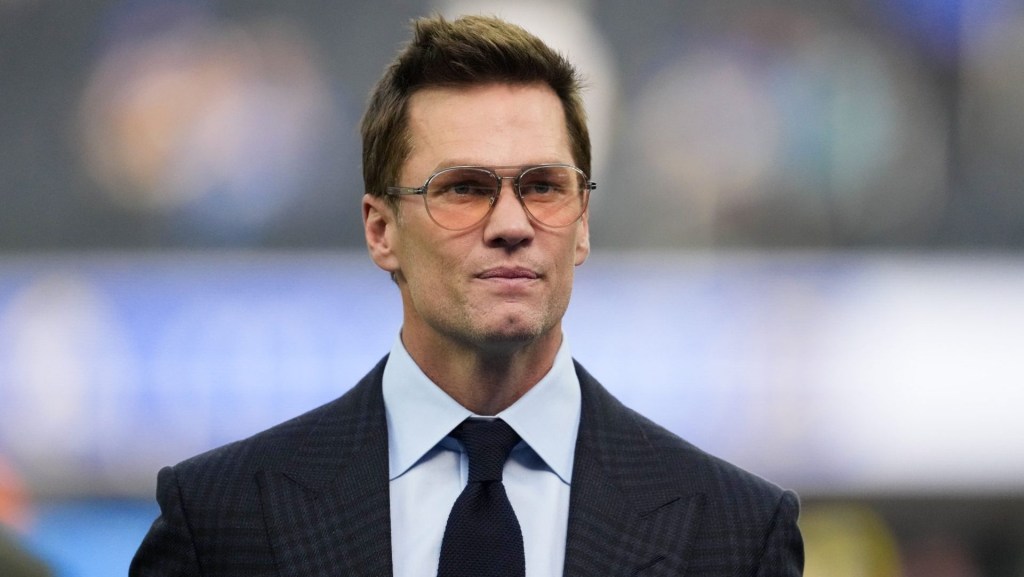
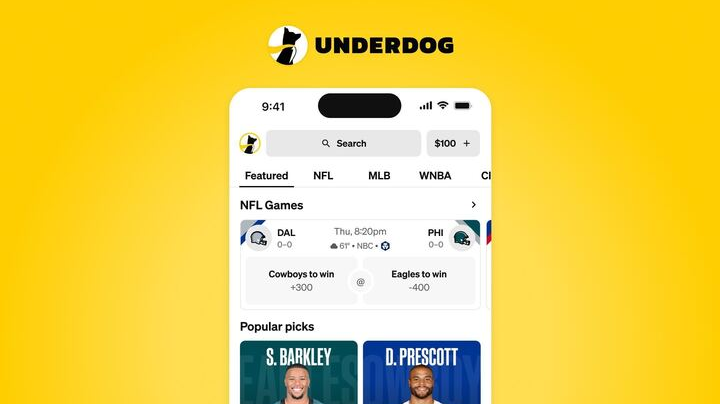
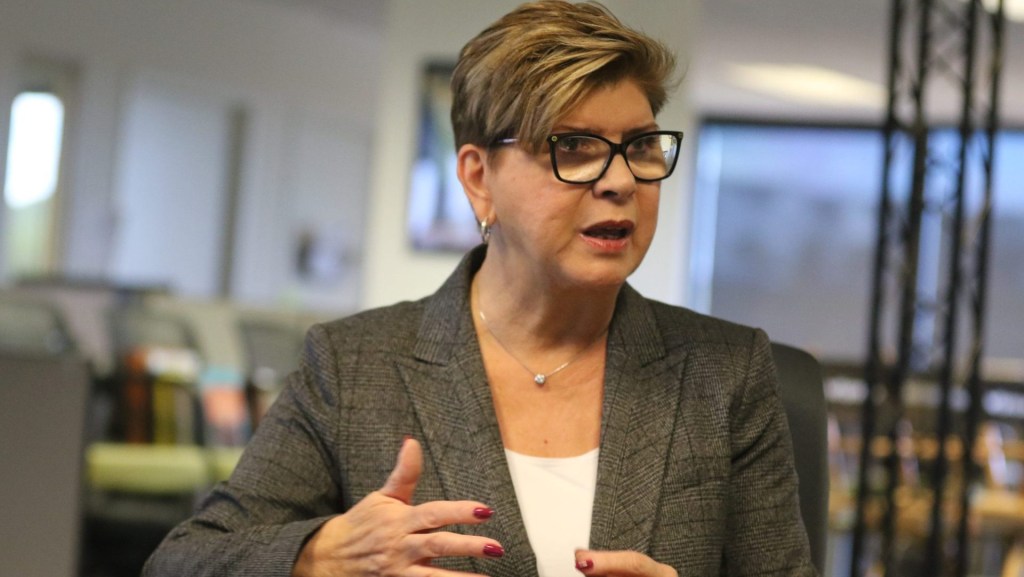


![[Subscription Customers Only] Jun 15, 2025; Seattle, Washington, USA; Botafogo owner John Textor inside the stadium before the match during a group stage match of the 2025 FIFA Club World Cup at Lumen Field.](https://frontofficesports.com/wp-content/uploads/2026/02/USATSI_26465842_168416386_lowres-scaled.jpg?quality=100&w=1024)
![[Subscription Customers Only] Jul 13, 2025; East Rutherford, New Jersey, USA; Chelsea FC midfielder Cole Palmer (10) celebrates winning the final of the 2025 FIFA Club World Cup at MetLife Stadium](https://frontofficesports.com/wp-content/uploads/2026/02/USATSI_26636703-scaled-e1770932227605.jpg?quality=100&w=1024)
